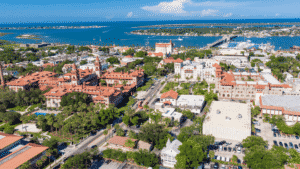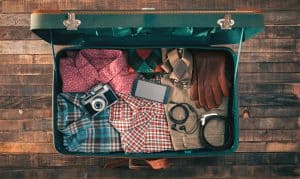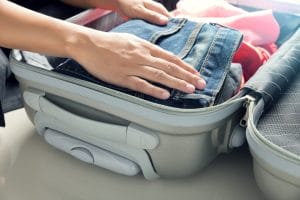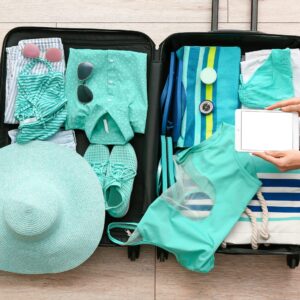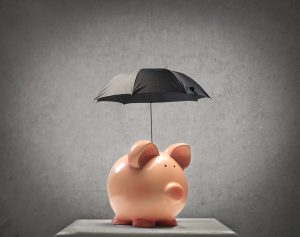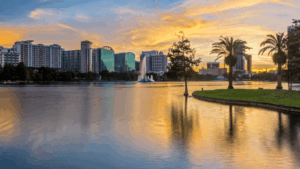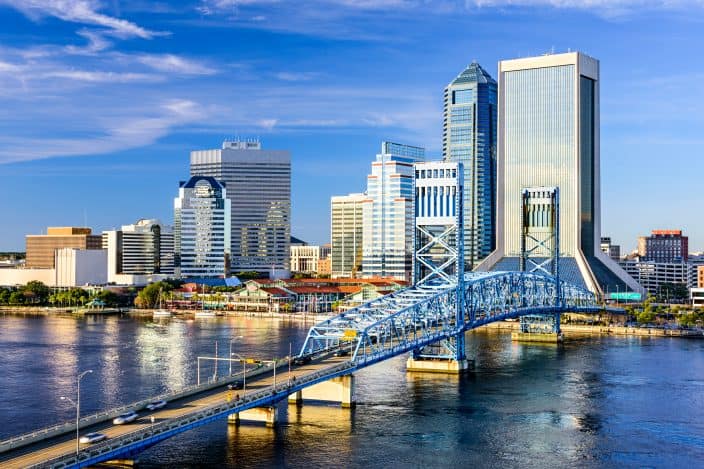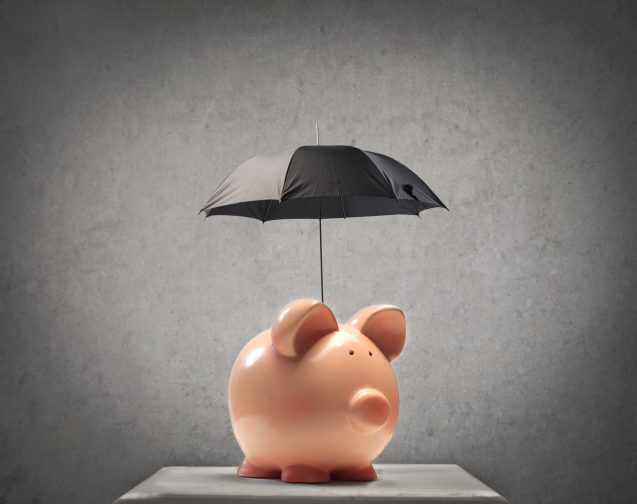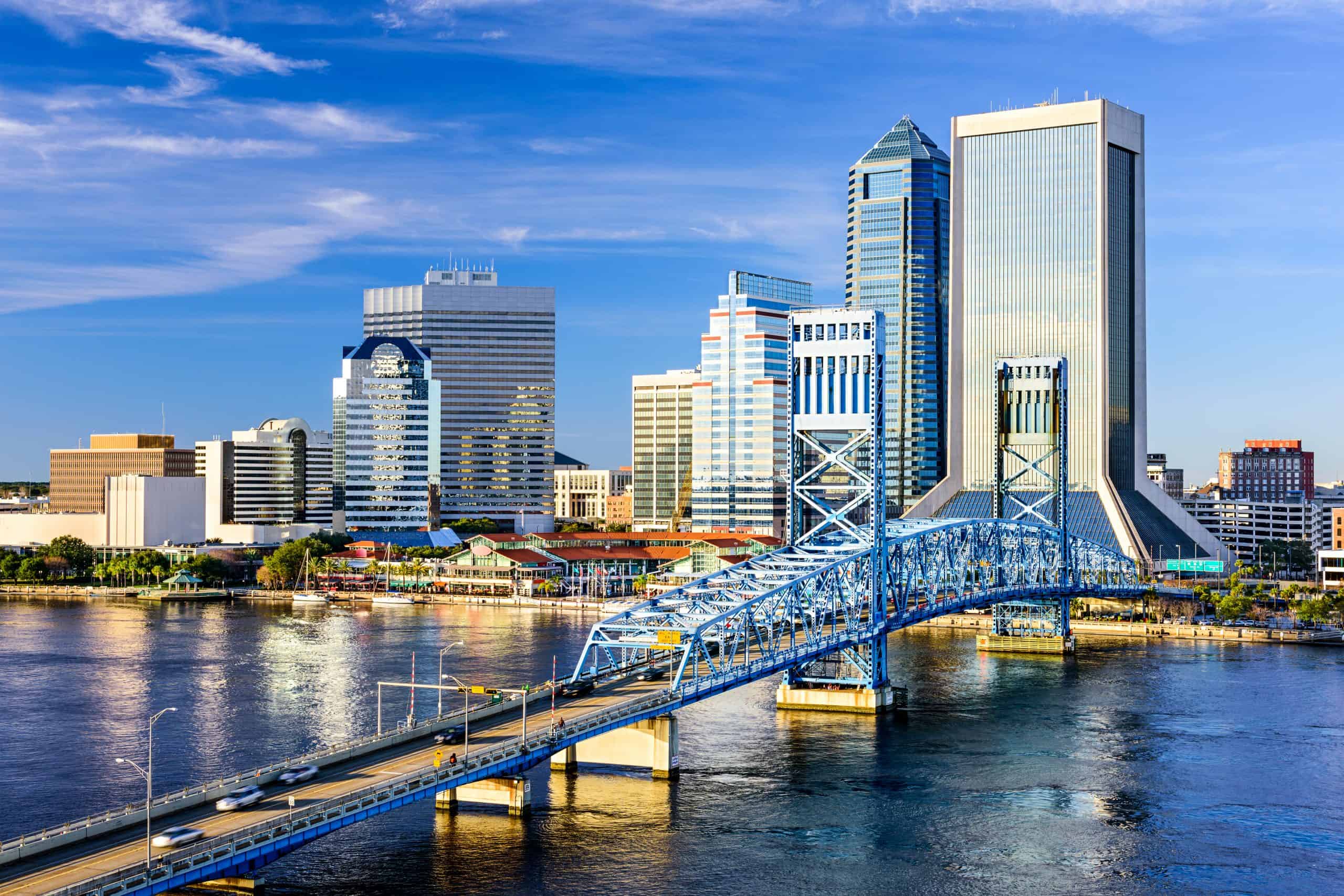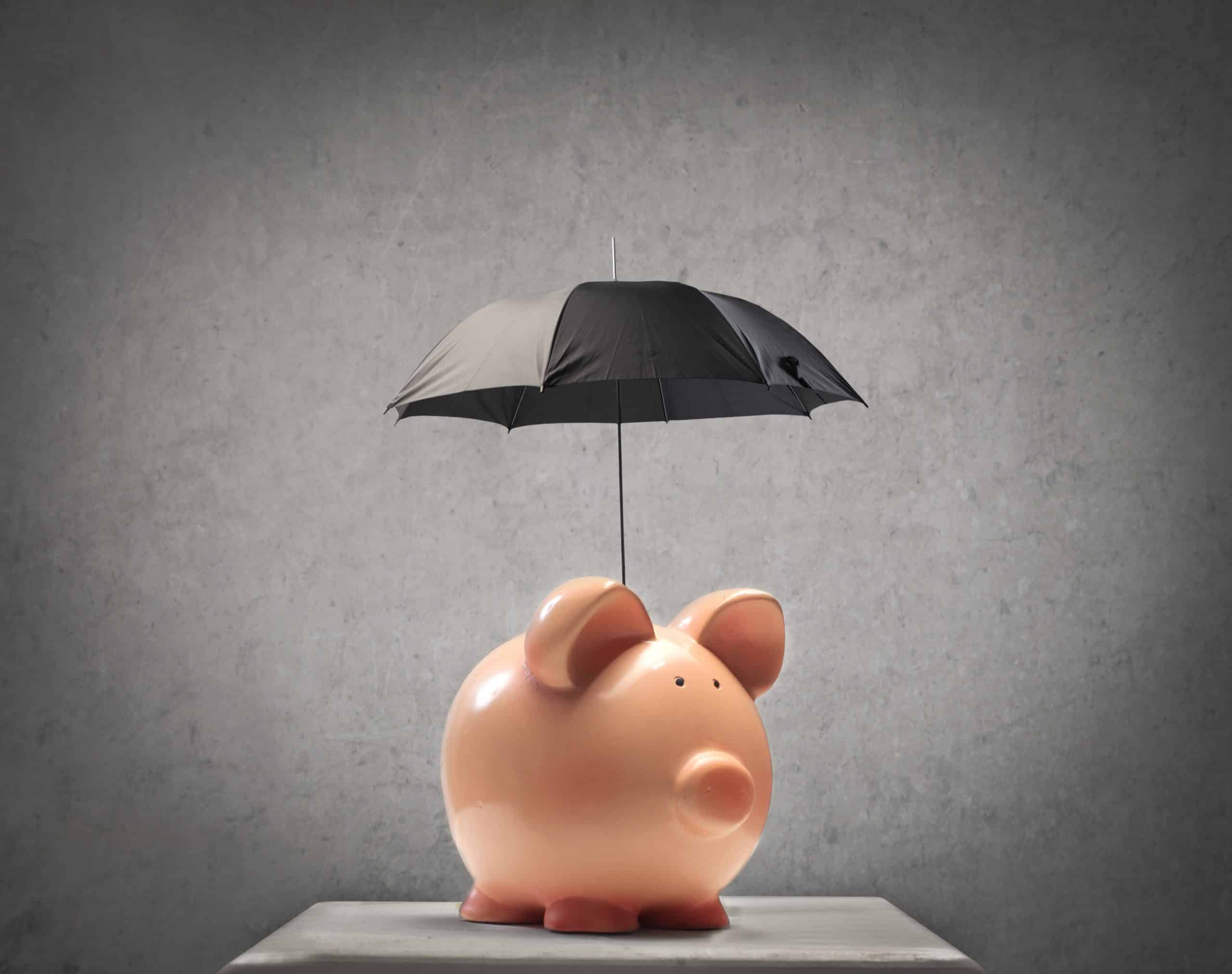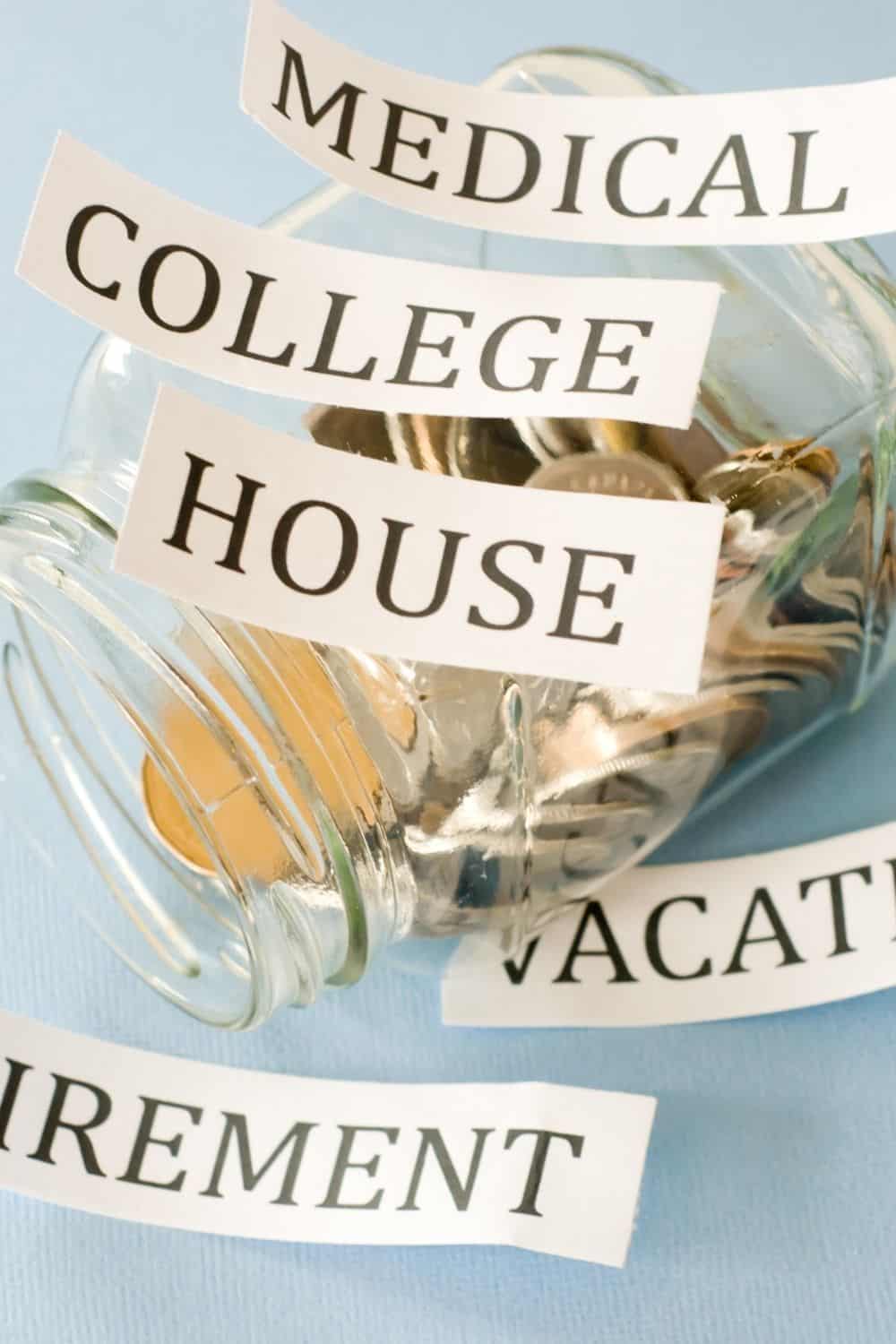
How Much Should I Have In An Emergency Fund
We all remember our parents telling us we should have money set aside for a rainy day. But what exactly does that mean? It basically means you should have an emergency fund set aside for any unexpected things that may come along.
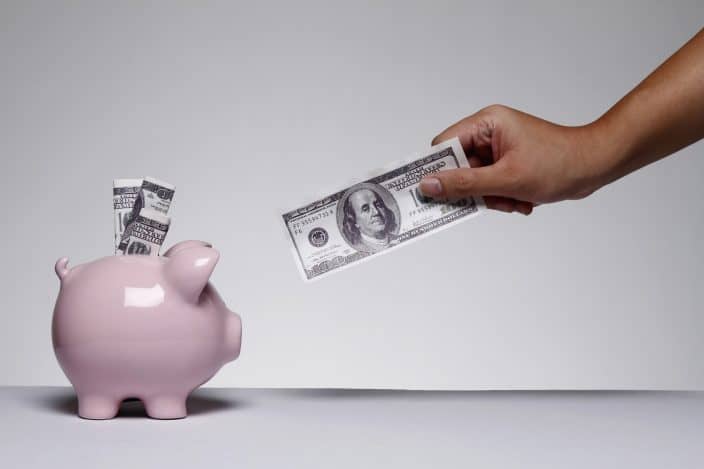
When Jim and I were first married we really did not have much money. We got married on January 7th, and on January 12th we made a move from Virginia Beach to New Orleans. We had to hire a moving company to move the furniture and clothes that we had. And a move halfway across the country was not cheap!
Jim had been hired by government shipbuilding firm and wouldn’t receive a paycheck for fifteen days, making it almost a month since his final paycheck at his former job. But we were young and in love and newly married, so we didn’t have a care in the world. Except we had bills to pay.
We had to pay for our apartment – rent for the first month, the last month, and a security deposit. We had to pay for the move, and we had to drive both our vehicles to New Orleans, which included two hotel stays. I had a car payment and student loans to pay. And we did not want to add any more debt.
We thankfully did not have any large expenses hit us broadside. We didn’t have any money set aside in an emergency fund. When we moved back to Virginia ten months later we had begun to set aside money into an emergency fund. And even today we have one account that we use as an emergency fund.
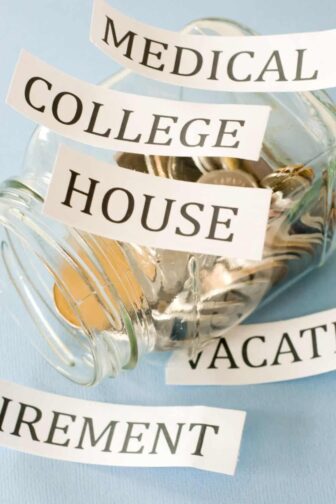
What Is An Emergency Fund
An emergency fund is a fund of money set aside for unforeseen expenses or life changes. This could be something like medical bills or the sudden loss of a job. Your emergency fund should not be an arbitrary amount, but correspond to the amount of your monthly bills.
Given the current crisis we are facing, we can see that, unexpected events can occur at the drop of a hat. Therefore, it is important that we be prepared to face them.
Why Have An Emergency Fund
Dodging unforeseen crisis seems to be the way of life for most of the working world in frugal times. Though many have the good intention of “squirreling away” funds for things like health changes, accidents or job loss, many never get around to it. Then, when the horrid emergency suddenly arrives, those spenders are forced into a tailspin.

They launch quiet acts of desperation: selling prized possessions, creating more debt by securing risky loans, borrowing money from family and friends when they know they can never pay it back, or losing everything they own because of a monetary setback.
Many debtors who find themselves in a pinch react to emergencies by immediately placing themselves in more debt. Loans – whether personal or formalized through financial institutions – set the groundwork for even more financial disaster.
Debt accumulation and hasty credit card swiping have never benefited any borrower in the long run. Not only are you forced to meet deadlines with payments, but in many cases, you also are expected to repay much more than you borrowed.
Emergency funds alleviate this kind of stress on your future. They provide you with a time and money buffer while you calmly figure out the best next course of action.
How Much Money To Have In An Emergency Fund
Financial experts agree: the working adult who is able to amass a savings that is equal to between three and 12 months of living expenses is an adult who has a stable emergency fund. A cash reserve of at least 3 months gives you a respectable tool to fight the financial panic that can set in when an emergency occurs.
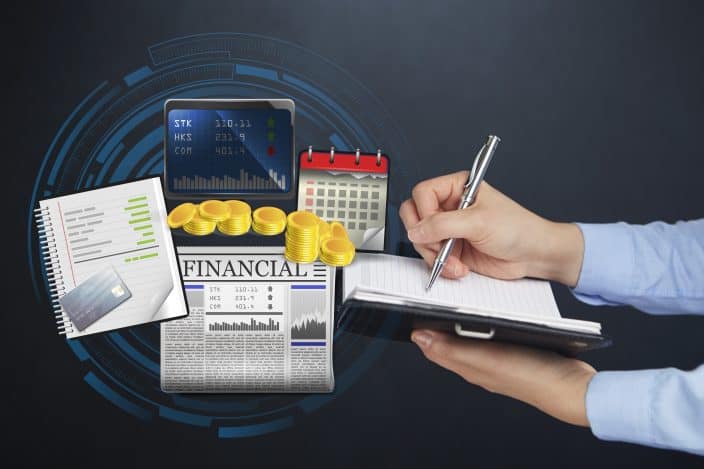
A solid place to start is to try and save 1,000 dollars and then work up to your monthly expenses from there. Though the shift in resources may still initially stun you, it does not leave you without breathing room to come up with a decent plan.
Where Should You Keep An Emergency Fund
An emergency fund should be kept accessible in cash or in a liquid account. Best practices are to have a portion of your savings, start with 500 dollars, in cash for immediate emergencies when going to an ATM or using a debit card is not possible.
The rest can be stored in a checking account or money market that has a debit card attached to it. Make sure that the funds are not too easily accessible, for example, don’t keep your emergency fund in the same account that you use on a daily basis.
It’s a good idea to open a separate account specifically for the emergency fund so that you are not tempted to use it.
Importance Of An Emergency Fund
The emergency fund also gives you leverage to work out new payment terms with existing creditors. Creditors will often work with you on a payment plan until your emergency is resolved. The inability to pay anything at all is a worse than agreeing to reduce your payment until the crisis passes.
Creditors are generally pretty flexible with debtors who can communicate and honor their promises.
One area that can be impacted by lack of an emergency fund is good health. The stress experienced when there is a sudden loss of income can put your physical and mental health in jeopardy.
An emergency fund gives you peace of mind – a sense of security that you have the tools to bounce back from financial reversal. So many life-threatening illnesses and conditions (i.e., cardiac conditions, strokes, depression, eating disorders) begin with intense worry about money. Better money management can be a sound approach to better health.
Tips for An Emergency Fund
Once you have assured yourself that an emergency fund is important, there are several key things to remember about building your cash reserve:
1) The emergency fund should be liquid (cash and checking account), but it should not be easy for you to deplete the money you have saved. If you can get to the money too easily, you may be tempted to label almost every event an “emergency” and spend all that you have.
2) You should always pay the emergency fund as if it is a bill, and the first bill you pay. This is the best way to build an emergency fund. Slowly over time. To keep yourself honest, set up this payment on automatic deposit.
3) Place the money in an interest-earning account. This makes your money work for you while you work for your money.
4) After dipping into your emergency fund, begin replenishing as soon as possible. Do not empty your account account and let months go by before you start saving again. It kills the good habit you have formed with saving money; and everyone who is old enough to spend knows: emergencies, never predictable, are going to happen as surely as you breathe.
When setting up your emergency fund remember to start small and build. Setting the bar too high sets you up for failure. In our case we had a goal of $1000. It took us five months to reach that bench mark. Then we aimed for $2000. When we received end of the year bonuses we set 10%-20% aside in our emergency fund.

When you tackle your emergency fund in small bites, you’ll find it not only manageable but fun!
- 14 Best Things to Do in Wilmington, NC and Where to Stay
- 3 Romantic North Carolina Mountain Getaways
- Romantic Beach Getaways
- Easy Holiday Entertaining Ideas
- Wine and Cheese Pairing
Did You Enjoy This Post?
Subscribe to our newsletter and get the latest posts on travel, food, and lifestyle right in your inbox!
Join the newsletter
Subscribe to get our latest content by email.
JOIN OUR NEWSLETTER
Stay in the loop! Sign up for our newsletter to receive the latest tips, exclusive deals, and inspiration for stylish living.






